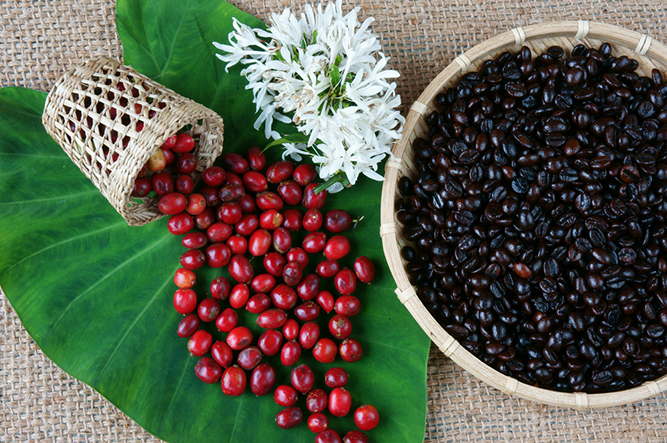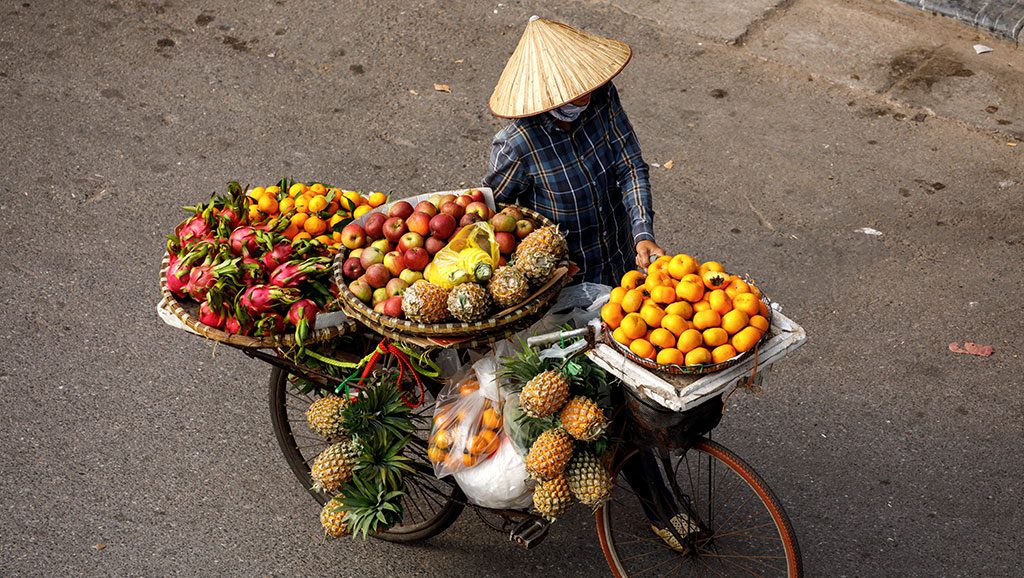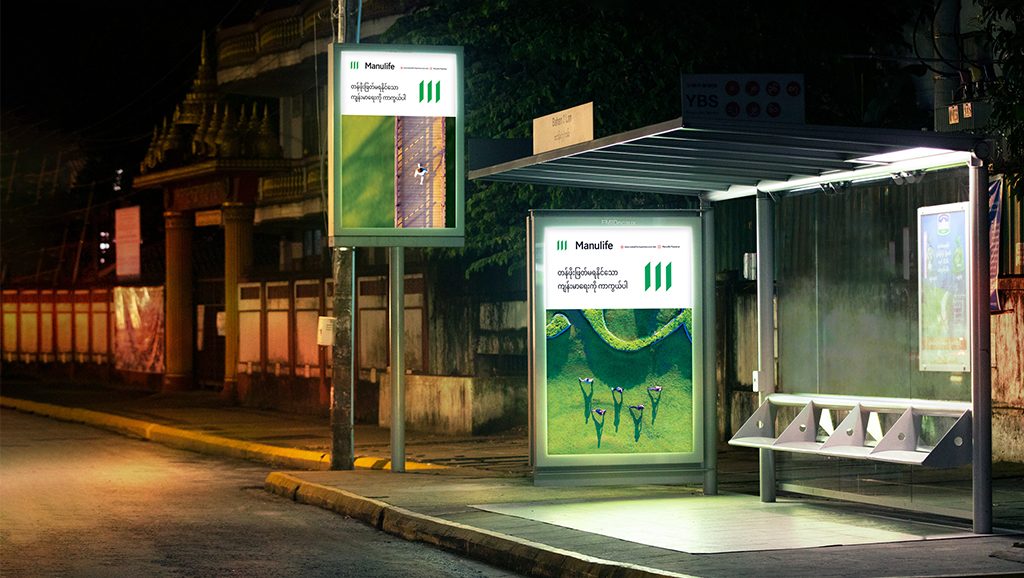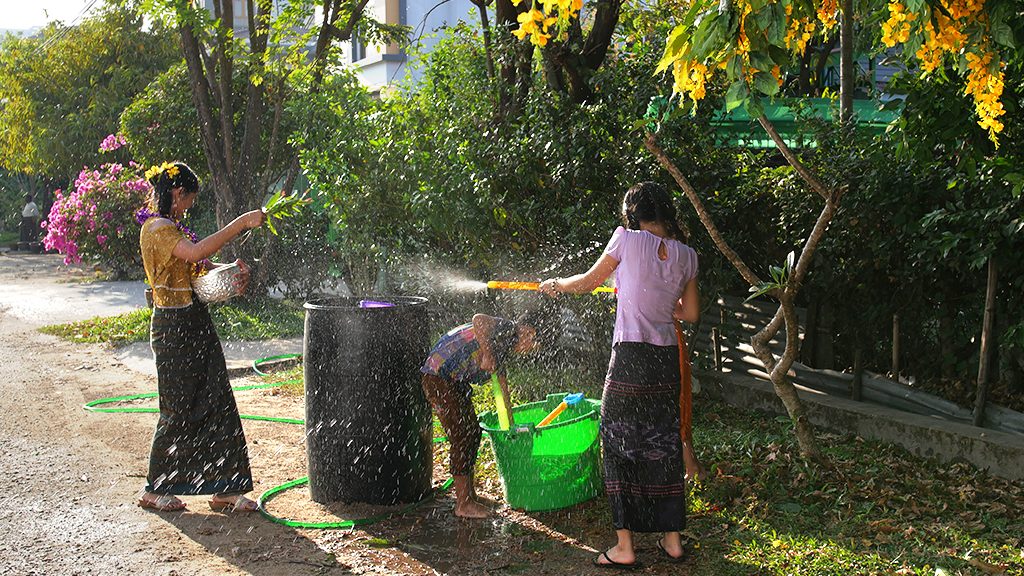

When you think of the world’s great coffee producers, what springs to mind is probably a few East African countries, some Central and South American nations, plus Indonesia and Vietnam in Asia. Myanmar probably does not, but that may be fast changing. The country previously known as Burma was mostly isolated from the global economy until opening up just in the last five years, and amidst all the changes taking place are a number of trends that could see a boom in the production of high quality coffee beans.
Large areas of Myanmar have the ideal conditions for growing quality Arabica coffee beans. Arabica beans are much more sought after than lesser grade Robusta beans, commanding much higher prices. The highlands of Myanmar are in the perfect elevation range – 1000-1500 meters – for the prized beans to thrive, and has the right soils, temperatures, rainfall, and terroir. But of course if this alone were enough, Myanmar would already be on the map of producers of great coffee. For that to happen, a number of other things need to occur. Most are already in motion.
Domestic demand
Coffee is a fairly foreign product in Myanmar. The country has a rich and long-established culture of tea cultivation and drinking that goes back to just about the time humans first began flavoring their water with the caffeinated leaves. (See our post about The rich culture and tradition of tea in Myanmar for more) Coffee drinking is a much newer phenomenon, but one that’s fast growing. International chains and domestic coffee shops are springing up in cities everywhere. Local chain Espressonite (one of our clients) began as a mobile van taking gourmet coffee to pop-up events around Yangon, and now have their flagship location open. Judging by their popularity, coffee culture is already established in Myanmar.
As the country and its population become more internationalized, the taste for coffee and the culture around it will only grow. Having a domestic market is important as an initial source of demand, but also for normalizing the crop in a country pretty unfamiliar with it. Additionally, as tourism growth explodes year on year, it’s crucial to have locally grown coffee varieties available to Myanmar tourists in cafes, restaurants, and luxury hotels. The demand for all things local is higher than ever, and exposure to quality coffee during travels can prime the demand for Myanmar coffee even when a traveler has returned to their own country.
Building the right infrastructure
To build up the prestige of a product like luxury coffee takes years of hard work from all parties involved. Industry buyers need to trust in the quality and deliverability of the beans, and that takes a lot to happen. To begin with, a commitment from the farmers to quality control is a must, and that means education. Learning to grow a new crop means starting from scratch, but through governmental and non-governmental efforts, it can certainly be done. Farmers all over the world are extremely resourceful, and that may be more true in Myanmar than anywhere else.
Many of the highland areas of Myanmar with the right growing conditions for Arabica coffee beans are extremely remote. They are often cut off by steep mountain ranges with poor roads, civil strife, or both. For the industry to flourish, the government will need to ensure the proper conditions are in place to allow farmers to get their product to market cheaply and consistently. The breakneck pace of road construction and rural electrification currently taking place is certainly a good sign in this area.

A new cash crop
The problems we just mentioned, poor infrastructure and civil strife have meant many farmers were forced to turn away from traditional cash crops in recent years, and to growing opium poppies. The narcotic has actually been grown in these areas for millennia, and used medicinally, but currently it is being processed into heroin and entering the world market. The profits from the illicit trade are fueling low level civil wars in various Myanmar highland regions.
Fortunately, the trend in this area too is moving in a positive direction. The government is in peace talks with most of the armed groups, and the United Nations Office for Drugs and Crime (UNODC) has committed to give the farmers a replacement for their loss of livelihood – coffee. The UNODC is putting in place a plan that has seen success in South America for replacing drug crops with coffee. Arabica plants start producing beans just three years after planting, meaning a short turnaround time for total replacement.
Arabica coffee bushes, planted in the shade of silver oak or various fruit trees are sprouting all throughout Myanmar’s highland areas (shade-grown organic coffees are extremely sought after). The conditions are right with everything seemingly falling into place at once. The infrastructure is coming, farmer education is improving, investment money is increasingly available, and civil strife will hopefully be ending. With the government committed to the project, and international assistance stepping up, Myanmar should soon be making a name for itself in the conversation about high quality coffees of the world.




















